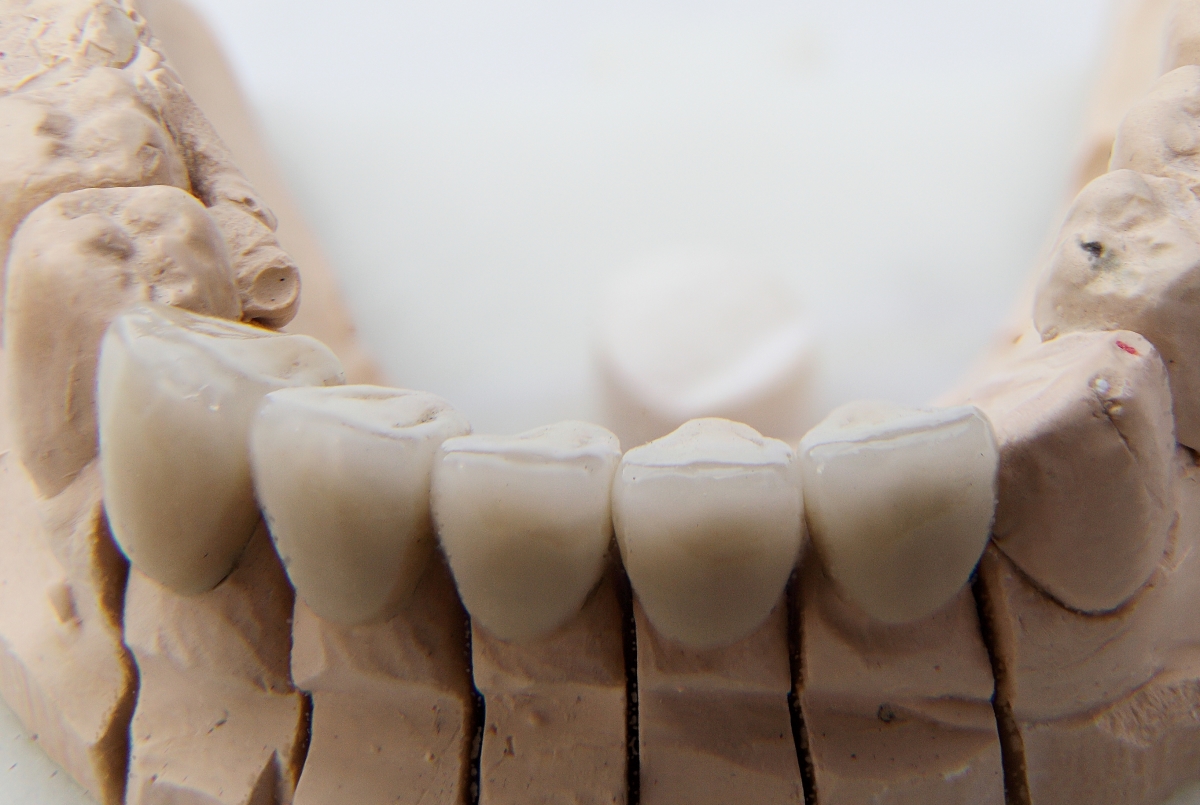A dental crown is a cover or cap that is placed over a tooth. This might be because of damage, decay, or after a root canal procedure. Crowns are molded out of gold, porcelain fused to metal, ceramic or resin in the shape of the original tooth.
Root canals and crown placements are considered endodontic procedures, but sometimes they are done by endodontists and sometimes by regular dentists. Understanding a bit more about endodontics can clear up the confusion about where to go for help if you need a crown.
What Does a Crown Do?
A crown’s purpose is to protect what’s left of a tooth that is either severely decayed, cracked, or chipped. In the case of decay, a cavity might get so big that it makes up most of the tooth. At this point, the tooth will be so weak that a regular filling isn’t enough to repair it.
If the cavity has reached all the way to the root of the tooth, a patient might develop a painful infection called irreversible pulpitis. A root canal procedure drills into the tooth, cleans out the infected pulp tissue, fills the resulting hole, and then covers it all up with a crown.
Crowns are also used to cover up cracked, chipped, or broken teeth. A life-like crown can restore a patient’s smile by standing in for the damaged tooth. They are crafted in a lab to look and feel just like normal teeth. Many people won’t be able to notice any difference.
No matter what the reason, the crown’s main job is to seal off what’s left of the tooth from bacteria. By forming a barrier, it can prevent further decay and save a tooth that might otherwise have to be extracted.

Why You Might Need an Endodontist for a Crown
An endodontist is a dental professional who specializes in the roots of teeth. One of the most common reasons a patient might see one is for a root canal procedure. But many times, the patient’s regular dentist will perform the procedure and place the crown.
All dentists are trained in basic endodontic procedures like root canals and crowns. So even though crowns are considered endodontics, it’s not always necessary to have a specialist do them.
Some cases are complicated and the procedure will be more difficult. When this happens, a dentist will typically refer the patient to an endodontist. It’s not so much about fitting the crown as it is about the root canal that comes first. Endodontists spend much more of their time doing root canals and have experience in very intricate cases. These are some instances when a specialist might be preferable for a crown:
- When the damaged tooth is a molar with more than one root.
- Endodontists have more specialized surgical equipment to handle trickier cases with multiple, tiny roots.
- If a root canal procedure and crown have failed and need to be redone.
- They can perform endodontic surgery when root canal surgery isn’t enough to fix the tooth.
The Difference Between Endodontists and Dentists
Both dentists and endodontists start out by completing dental school. Part of that curriculum includes root canals and crowns. Endodontists, however, go on to complete two to three more years of specialized training in their field. This includes a more intensive study of root canal treatments, retreatments, and crowns, as well as endodontic surgery, treatment of traumatic dental injuries, and dental implants.
Endodontists focus on tooth root issues and don’t do many things that a typical family dentist does. They do not fill cavities or offer cleanings and routine checkups. Their time is spent on specialized treatments. An endodontist might do as many as 25 root canal procedures, while a regular dentist might only do one or two each month.
This does not mean that it’s necessary to see an endodontist for every crown placement. The best judge is a dentist. They are able to assess the patient’s situation and advise when an endodontist’s experience will yield a better result.
Getting a Referral for Crown Placement
If a patient complains of pain, it may be a sign that a crown is necessary. The first step is to see a dentist for an exam and x-rays. Our online search tool provides a list of dentists who are taking on new patients. The problem may be a cavity, which can be fixed with a simple filling at the dentist’s office.
If a cavity is left untreated, it can grow, allowing bacteria into the inner layers of the tooth. At this point, a crown might be necessary. If the roots are still intact, the patient might only need a crown to cap off the tooth. If the infection has spread to the roots, a root canal will probably be necessary.
At this point, the dentist will discuss options with the patient. Many patients would prefer to stick with their dentist if possible. Since they are specialists, endodontists’ fees are often higher. Plus, it is usually more convenient and comfortable for the patient to go to someone they already know.
But the dentist will know what’s best and will refer the patient to an endodontist when it is appropriate.
A crown is considered endodontics. But it doesn’t matter if a dentist or an endodontist fits it. Every patient’s case is different and what is important is that they get the proper care for their tooth in a timely manner before further damage is done. Crowns can restore their smiles to look and feel as good as new.


